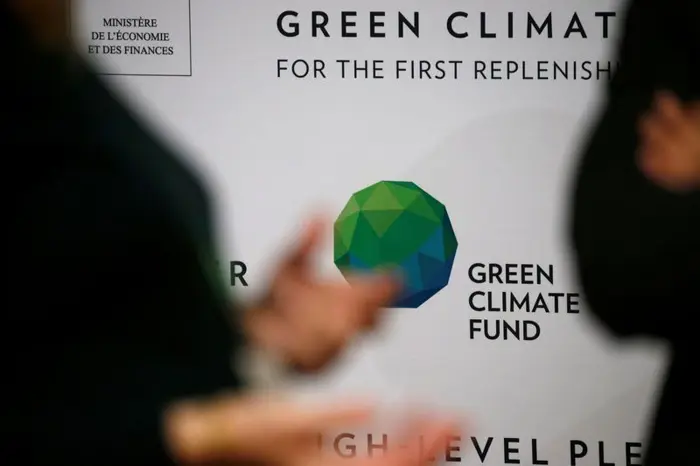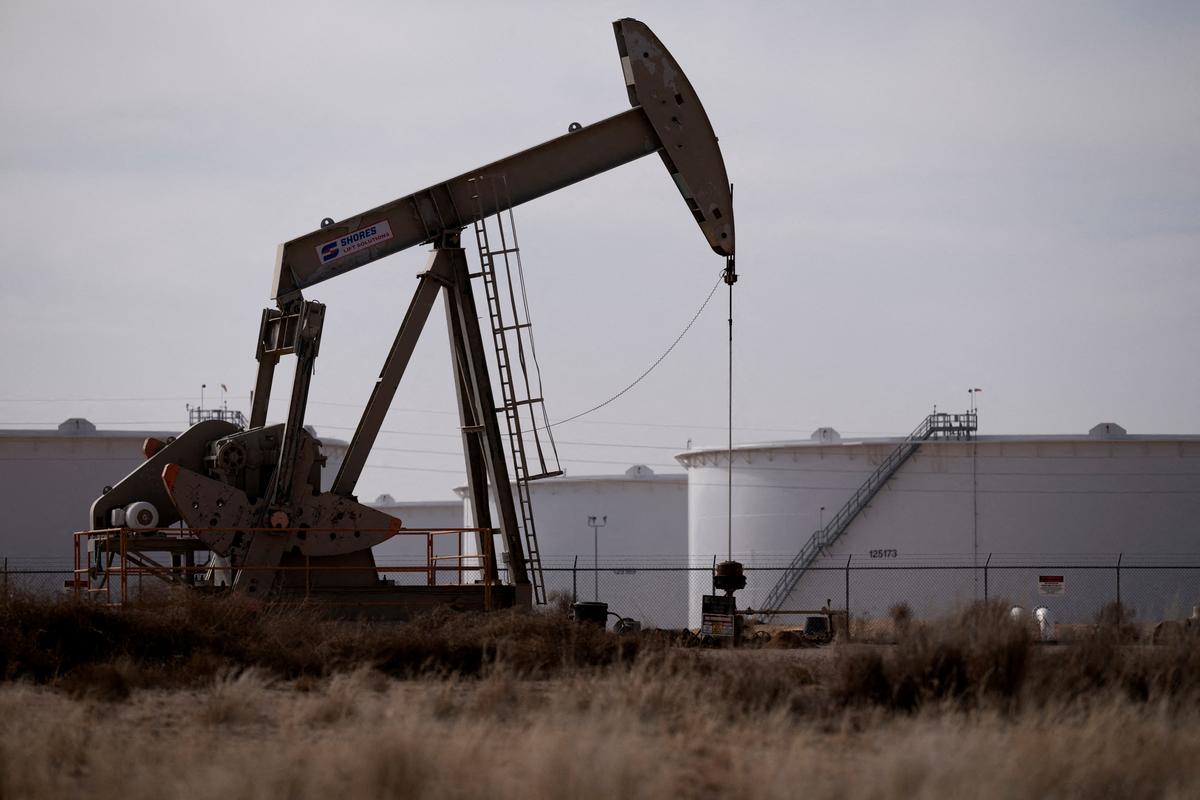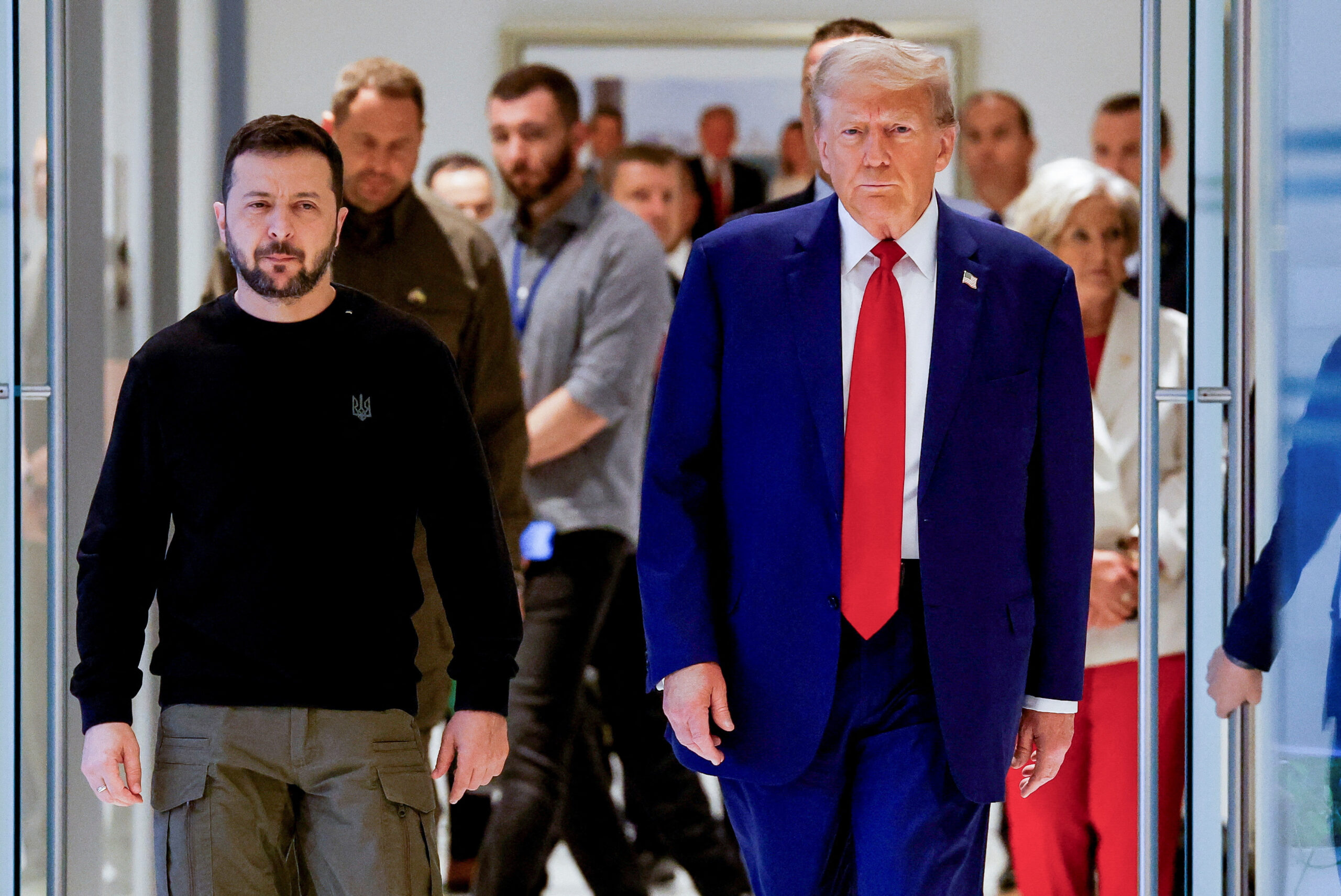The world’s largest multilateral climate fund has just made history. The Green Climate Fund (GCF) announced its biggest financial commitment ever — supporting a $6 billion water desalination project in Jordan, a nation where water scarcity is among the most severe globally.
This massive step comes just before the COP30 climate summit in Brazil and marks nearly ten years since the Paris Agreement. The GCF, designed to fuel global climate resilience, now makes a landmark investment in Jordan’s Aqaba-Amman Water Desalination and Conveyance Project, which promises to redefine the country’s water future.
“It will transform the country,” said Mafalda Duarte, GCF’s Executive Director, in a conversation with Reuters. “This is our highest investment in a single project.”
The board, meeting in South Korea, approved a $295 million package (a combination of grants and loans) designed to attract additional funding from global players such as the International Finance Corporation (IFC) and private investors.
One of the Largest Desalination Projects on Earth
Once operational, the project will provide clean water to nearly half of Jordan’s population, addressing critical shortages in one of the driest countries on the planet. With climate models projecting a 4°C temperature increase and a 21% drop in rainfall by the end of this century, Jordan faces a future of heightened drought and dwindling groundwater resources.
Recognizing the urgency, Jordan’s leadership has labeled this as a strategic national priority. The initiative, led by Meridiam and SUEZ, will desalinate and transport 300 million cubic meters of water annually, ensuring sustainable supply to key regions of the kingdom.
The United States, a long-standing ally of Jordan, has already pledged $300 million in grants and $1 billion in loans, while other regional nations are expected to join in the effort.
“The project is not just about water,” said Raed Abu Soud, Jordan’s Minister of Water and Irrigation. “It’s about securing the nation’s future — for our families, our farmers, and generations to come.”
Financial Innovation and Climate Collaboration
According to officials, the GCF’s involvement will help reduce water costs by up to 10 cents per liter and could save the Jordanian government over $1 billion during the project’s lifetime. Moreover, it enables better financing conditions through IFC, making the project more attractive for private sector participation.
This project is among 24 proposals under review at the GCF’s board meeting — collectively representing $1.4 billion in commitments, the largest in the Fund’s history.
The GCF has recently fast-tracked its decision-making process to better align with global climate ambitions, a move that will likely dominate discussions at COP30. As Mafalda Duarte emphasized, “We need speed, courage, and realistic expectations if we want to scale climate finance globally.”




